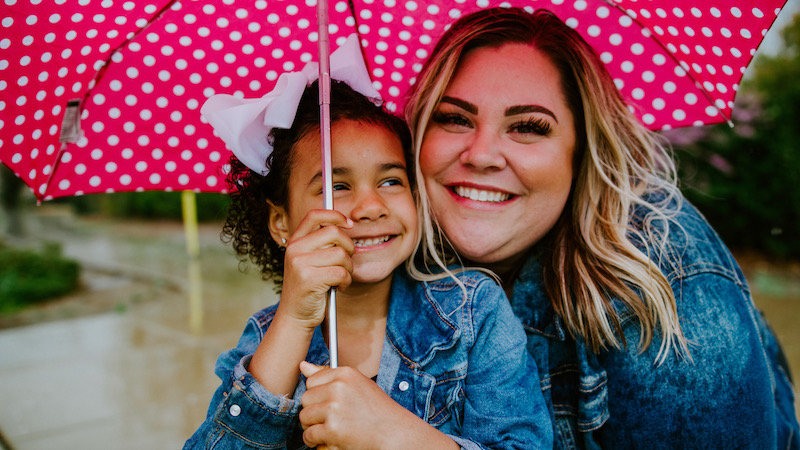At Orchard Fostering, the foster children in our care represent the changed face of Ireland. We support children (and carers) from diverse cultural backgrounds. Fostering a child from a different culture to your own is all about preparation, awareness, and education.
Learn about and celebrate your foster child’s cultural background and race
For many, the default position when dealing with someone of a different race to their own is to claim: “I don’t see race.” This is referred to as being “colour-blind.” While this approach may seem democratic – if you “don’t see” race then you can’t be prejudiced – it can actually do more harm than good.
Not “seeing” race is a form of erasure. By glossing over your foster child’s cultural background, you rob them of the collective history and cultural memory that is their right. Instead of ignoring their “differences,” lean in to your foster child’s cultural background. Don’t erase – celebrate.
Read up on your foster child’s cultural background. Learn as much as you can and share your learning with them. Seek out a community of people from the same cultural background and integrate them into your foster child’s life. Celebrate holidays, cultural diversity, talk about race, cook traditional food, get to know about hair care techniques. Let them know where they are from and make them proud to be who they are.
Taking the time to engage with their cultural background is a great way of bonding with your foster child. For more tips on bonding with your foster child, check out our articles on making your foster child feel at home and managing challenging behaviour.
Talk about the challenges your foster child may face
Fostering a child is an emotional experience. It requires empathy and patience. Transracial foster care draws deeply from the emotional and empathetic faculties of the carer. Challenges can arise within the home and out in the world.
One major challenge your foster child may face is anxiety. While most foster children experience some anxiety, a foster child from a different cultural background to your own may experience additional anxieties, such as: “Will I fit in with this family?” or “Will this family be able to support my culture?” If you follow our tips for celebrating your foster child’s diverse cultural background, you’ll go a long way to alleviating this anxiety.
Outside the home, your foster child will face challenges. Ireland is a predominantly white country – if your foster child is of a different race to the Irish norm, they will potentially face racist situations in their formative years.
As a foster parent, you will face these situations with your foster child. Talk to them about racism. Talk to them about discrimination. Talk to them about embracing and celebrating different cultures. Now, more than ever, these topics are at the forefront of the culture. Educate yourself on the realities of racism and, in turn, educate your foster child.
Racism comes in many forms – watch out for it wherever you go. Be ever vigilant. Stomp it out. Remember the words of Angela Davis – “It is not enough to be non-racist. We must be anti-racist.”
Representation matters in fostering a child from a different culture
We’ve talked about the importance of reading with your foster child before. At Orchard Fostering, we believe in the power of a good story. Stories can transport you to another world, but they can also tell you a lot about the world you live in.
When fostering children of a different race to your own, it is important to ensure that they have access to works of art and media that reflect their reality. Find works of art by people who look like your foster child. Show them black stories, brown stories, stories from Asia, Africa, South America, the Middle East.
Advocate for these stories to be included in their school, too. Call up your foster child’s teacher and recommend a book to spread cultural diversity awareness among students. Better yet, go onto the National Council for Curriculum and Assessment’s website and suggest a text to be included on the Junior and Senior Cycle curriculums.
If you’re interested in learning more about transracial foster care, have questions about fostering children of a different race, or just want to know more about cultural diversity in foster care, contact us today.

